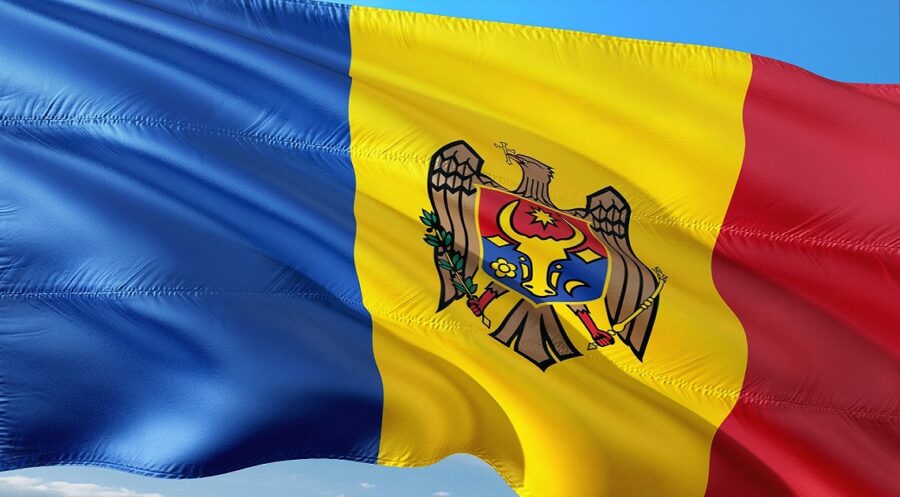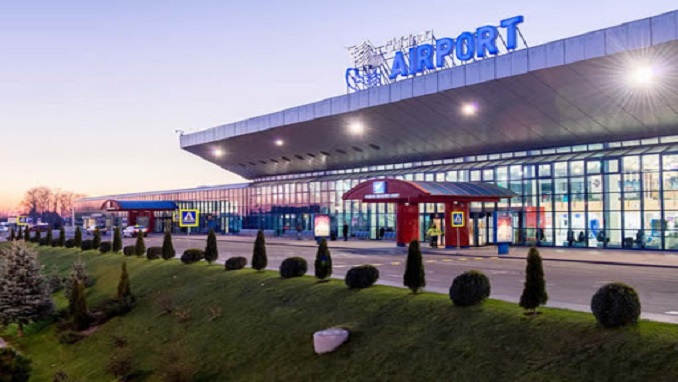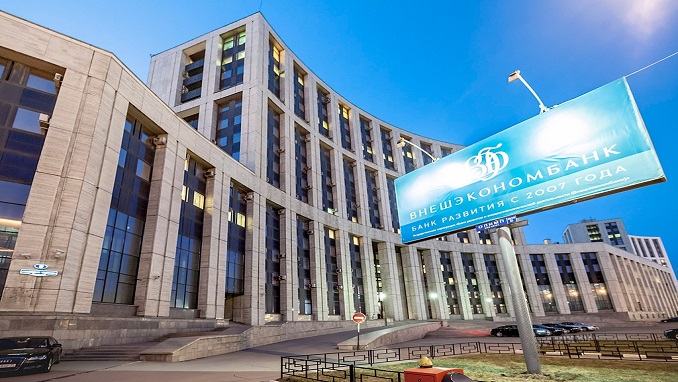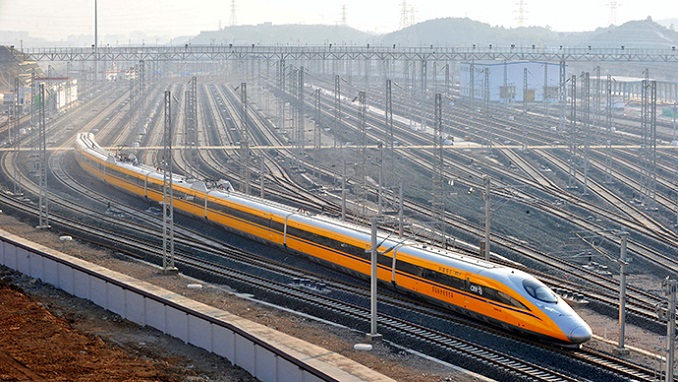Three days after Russia invaded Ukraine, on February 27, IsraAID’s Emergency Response team landed in Moldova to provide urgent assistance with the escalating refugee crisis, a report from IsraAID reads.
Within a few weeks, we started our activities in Romania to deliver supplies straight to southern Ukraine, and in July, we started our work there. Humanitarian assistance is required by 17.7 million individuals ten months into the crisis.
In Ukraine and Moldova, IsraAID is addressing the urgent needs of those who are most in need, such as refugees, internally displaced persons, children, and the elderly. We are simultaneously making plans for the prolonged rehabilitation activities that will be required in the upcoming years.
In collaboration with the Ministry of Health and the Office of the First Lady, IsraAID is implementing a nationwide mental health and psychosocial support (MHPSS) initiative. This includes educating 60 experienced psychologists in context-specific procedures so they can assist hurt and/or distressed civilians at hospitals near the front lines, including Vinnytsia, Dnipro, and the Kyiv region. State health departments were present for the virtual launch ceremony, and the First Lady spoke. 40 psychologists have received training to date in Vinnytsia and the Kyiv region.
As previously reported, following Russian attacks on the local infrastructure that left the area without drinkable water for more than three months, they have teamed up with the municipality of Mykolaiv to install four reverse osmosis systems. Over 320,220 liters of safe water have been handled by the IsraAID-installed systems to date, serving more over 32,000 people. To meet growing demand, IsraAID is now acquiring and installing eight more systems. In response to the bitterly cold winter, they are also purchasing heated dispensers to be put over the systems.
IsraAID is still collaborating with about 30 partners who offer primary and urgent care throughout Ukraine. This covers both direct provision and the outfitting of hospitals through the Tulcea Humanitarian Logistics Hub (THLH; see below).
For instance, they operate mobile clinics with their partner FRIDA in areas where there are few or no other medical facilities available; to date, they have assisted more than 7,900 people in Dnipro, Donetsk, Kharkiv, and most recently Kherson with a variety of medical requirements. Additionally, they provided the FRIDA clinics with necessary equipment via THLH. Most recently, in order to get ready for the winter, they gave out 3,500 combined COVID-19 + flu tests.



